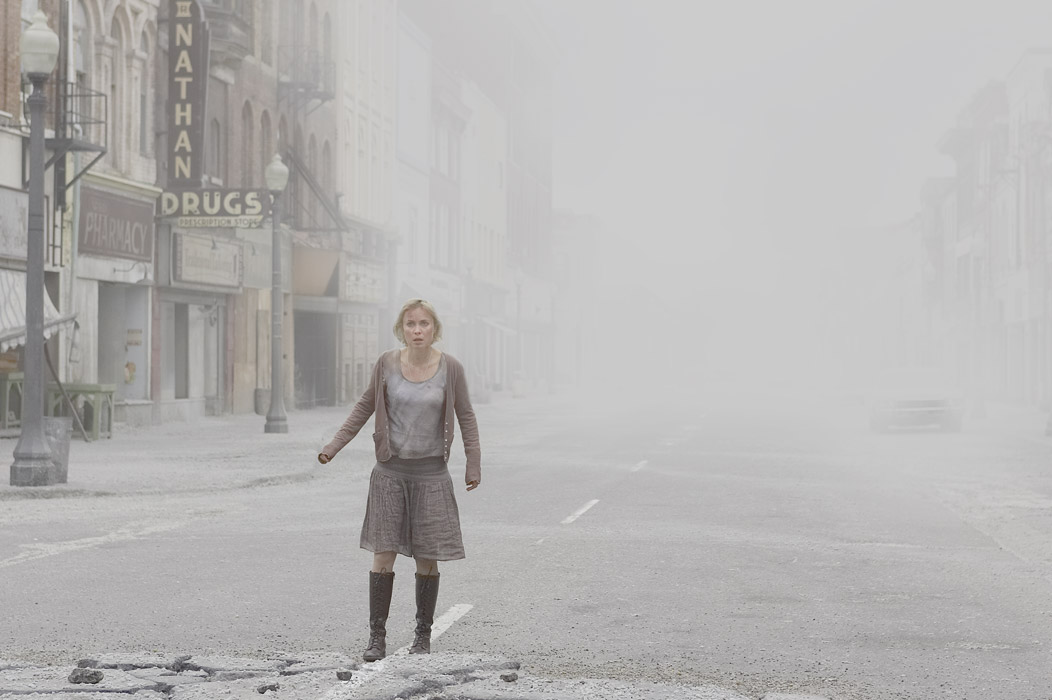A LOT of teams don't practice. And, a LOT of really decent teams don't practice. AND (gratuitous caps) I think I understand why (beyond the fact that the time commitment is a pain in the ass). It's because they are not trying to get better.
Which is not to say that they are trying to not get better. These are two very different things. I don't know any player (well, maybe a few) who actively try to not get better. But, I know plenty of players who don't actively work to get better.
These non-practicing teams figure that they'll either improve by playing together in individual games and tournaments (which does happen) or they'll just maintain their current level of competence and have fun playing together (which also happens). Here's the crazy thing: I totally understand where they are coming from.
Even when it is run by fantastic coaches who completely tailor it to the individuals on the team and the individual team as a whole, PRACTICE SUCKS. Now, remove the fantastic coaches and replace them with a captain or captains who have little experience designing workouts and no real team philosophy beyond a repeated cliche. It is not difficult to see why players would rather do other things with their time and just play in games and tournaments.
As long as a player or team isn't looking to improve, this is fine.
If a player or team is looking to improve, however, just playing in games and tournaments is a waste of their time. Again, they may improve, but they'll have no way of knowing it. You might say, "Wait, wait, I know when my team has improved. We win more games." Or, even better, "I know that my team improved last year because we beat a team at the end of the season who beat us at the beginning."
Now ask yourself, "Did my team improve or did the other team get worse? If my team improved, did we all improve or did the offense at the end of the year just run through fewer players? Did we get unlucky at the beginning of the year and lucky at the end? Was the other team actually trying to win or just goofing off?
This is the signal-to-noise ratio problem of trying to gauge your improvements by measuring your team's progress after a game or tournament. There are just too many variables interacting during a game or tournament to be able to draw any meaningful cause-and-effect conclusions about what has happened in the aftermath. This signal-to-noise problem doesn't stop people from pontificating after games, saying things like, "we won because we all played together in the second half" or "we completely choked because we let ourselves get psyched out."
After awhile, the others grew tired of Chad's post-game analysis.
Sadly for the post-game pontificators, there is just no way to know what actually happened. Perhaps, you did win because you all played together or perhaps you won because the wind shifted or because the opposing handler got in a fight with his girlfriend at halftime. The point is: you'll never know. There is too much noise (emotion and information) to pick out the signal (useful cause-and-effect information) in a game or tournament. Because of the signal-to-noise ratio, learning from games and tournaments after the fact is impossible.
So, improvement by post-mortem analysis following games and tournaments is virtually impossible. But, what about going into a game or tournament with a distinct game plan and gauging your results from there. For example, a team decides pre-game that they are only going to play man-to-man defense with a backhand force this game so that they can improve on this skill.
Although this team is in much better shape than the improvement by post-game analysis team, they are still destined for frustration and failure. While they will be better able to decipher the signal from the noise during the game because they are looking specifically at their man-to-man with a backhand force defense, they are still attempting to measure themselves against a moving yardstick. The problem with the attempt to gain specific information from an opponent is known as the fog of war.
From her position as deep-deep, Karen simply couldn't tell if the cup was effective.
You have to deal with the fog of war in game and tournament situations. There is so much that is unknown about one's opponent, combined with the uncertainty created by field and weather conditions, and on top of these is the ambiguity inherent in trying to coordinate the effort of the 7 players on your team. These known unknowns and unknown unknowns interact so constantly and so fiercely that it creates what Prussian military analyst, Carl von Clausewitz, called "a peculiar difficulty... in planning any action".
Again, if your man-to-man defense shuts down the opponent, you can be sure that it really happened. You were watching carefully. You studied the interaction between the opposing offense and your defense. Of course, you know nothing about the other team really. You don't know if their regular players are there. If they were trying out a new offense. If they just outright suck.
You get the point. Archimedes said: "Give me a place to stand and I can move the earth." We aren't looking to move the earth at all. We're just looking to improve our game. And yet, we run into Archimedes' same problem. When you try to glean information from games and tournaments, you have no place to stand. There's nothing to measure the results against.
And therefore, in order to get better, we must practice. Soon I will write about exactly how we should do that.


No comments:
Post a Comment